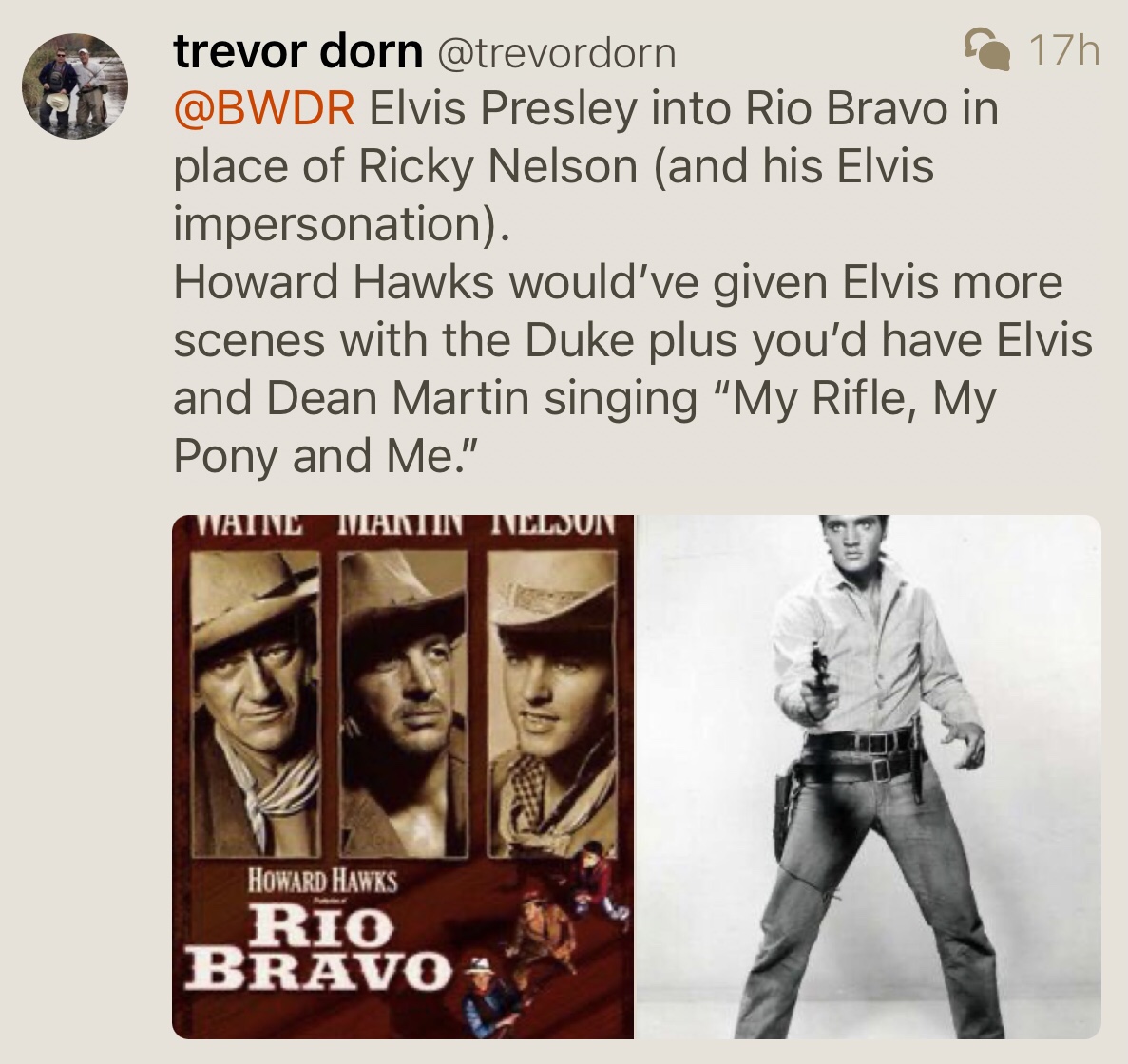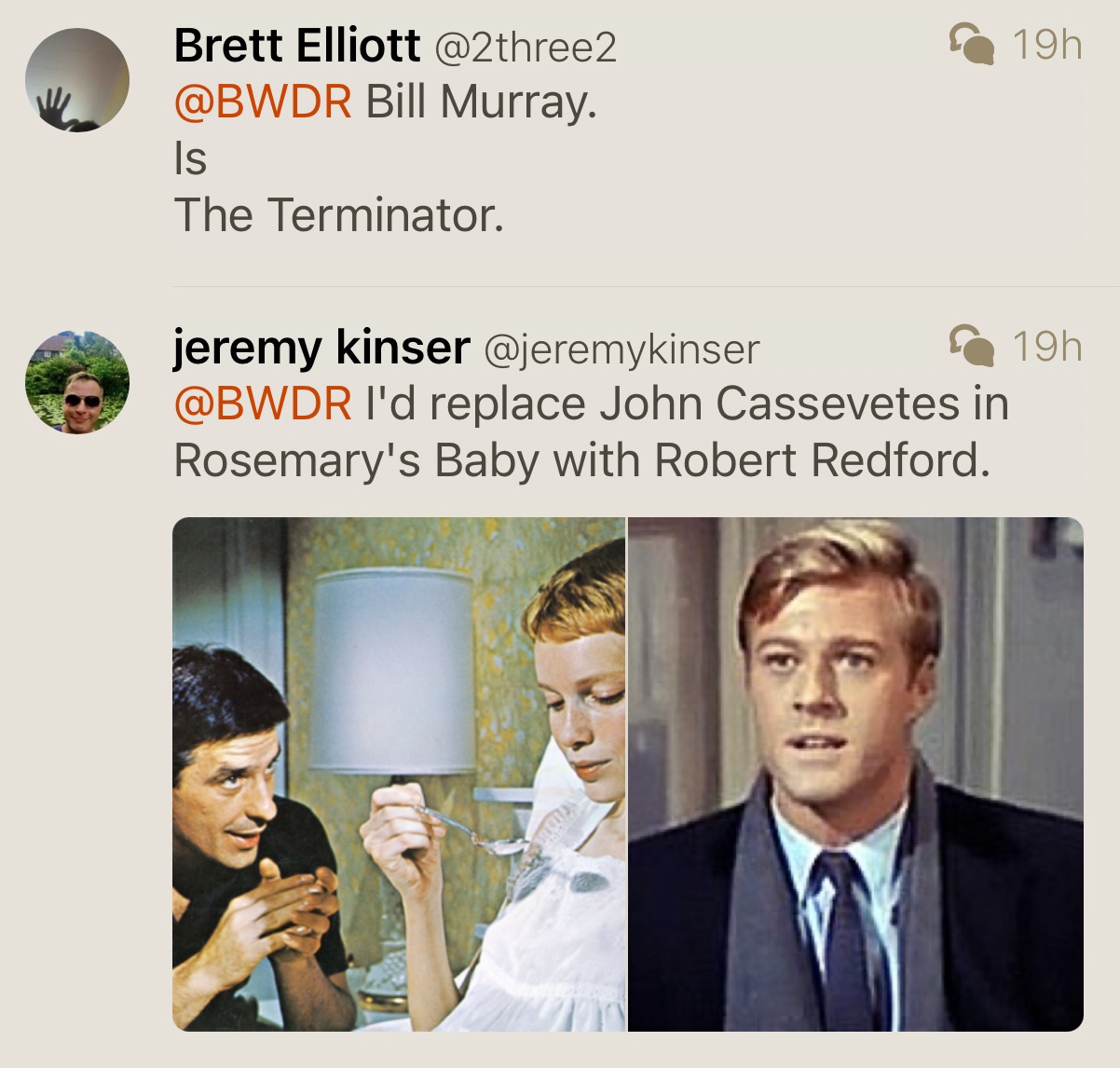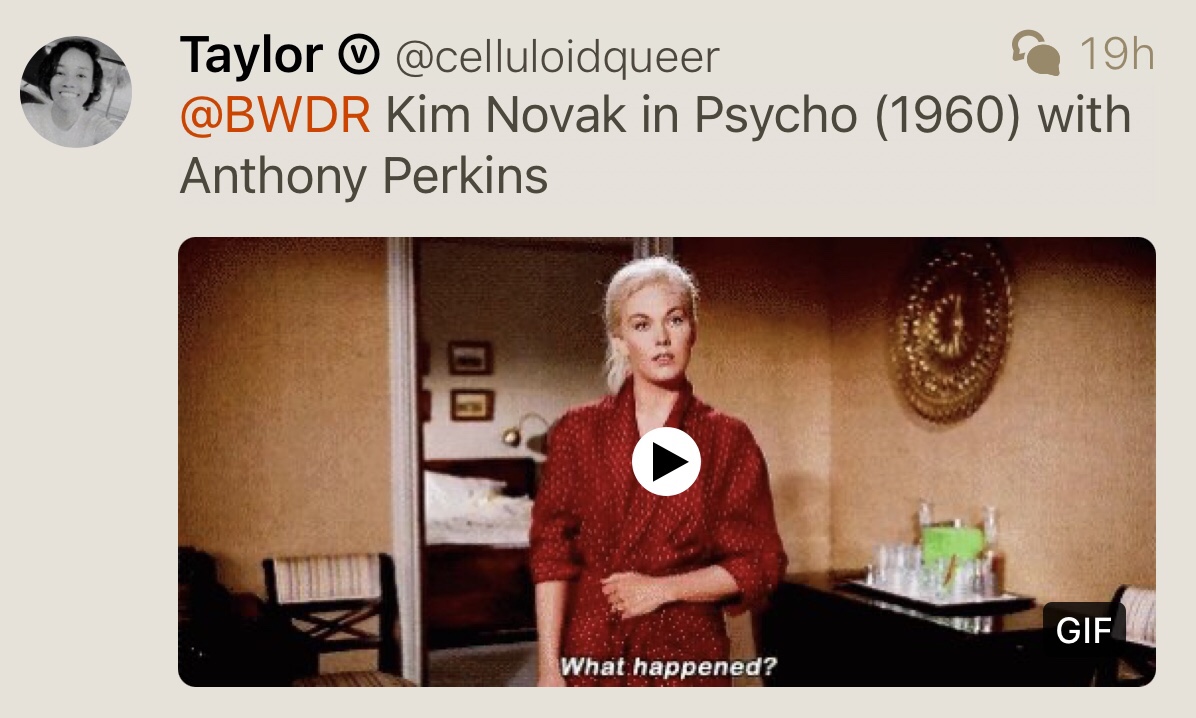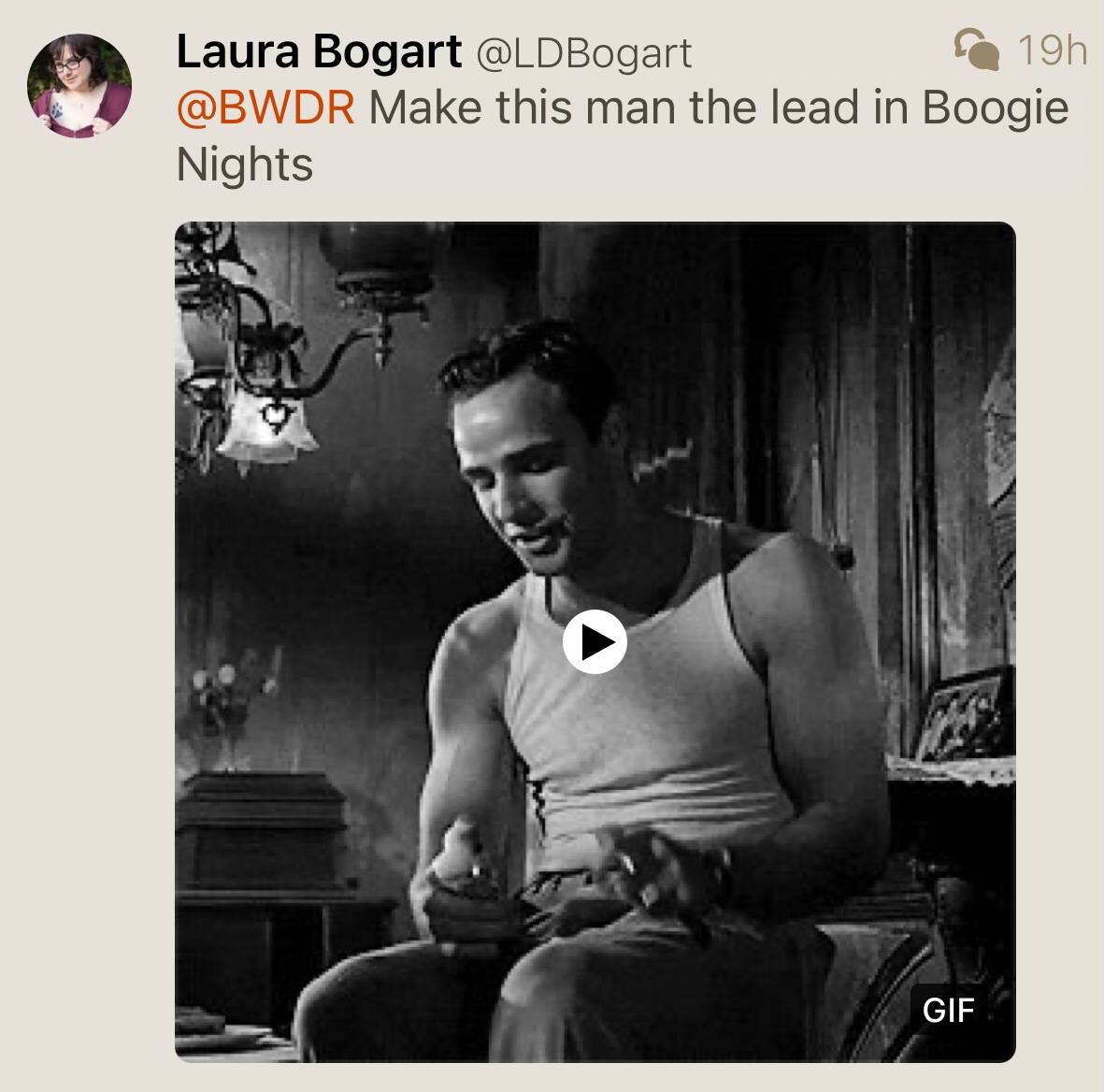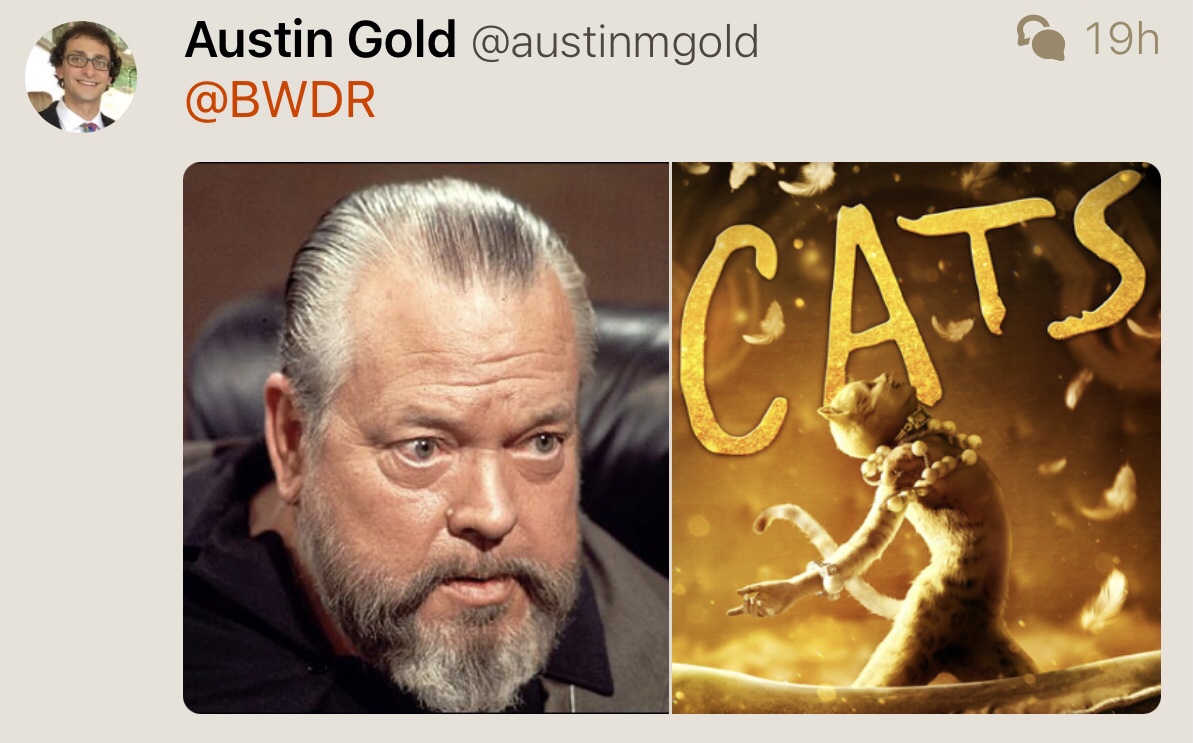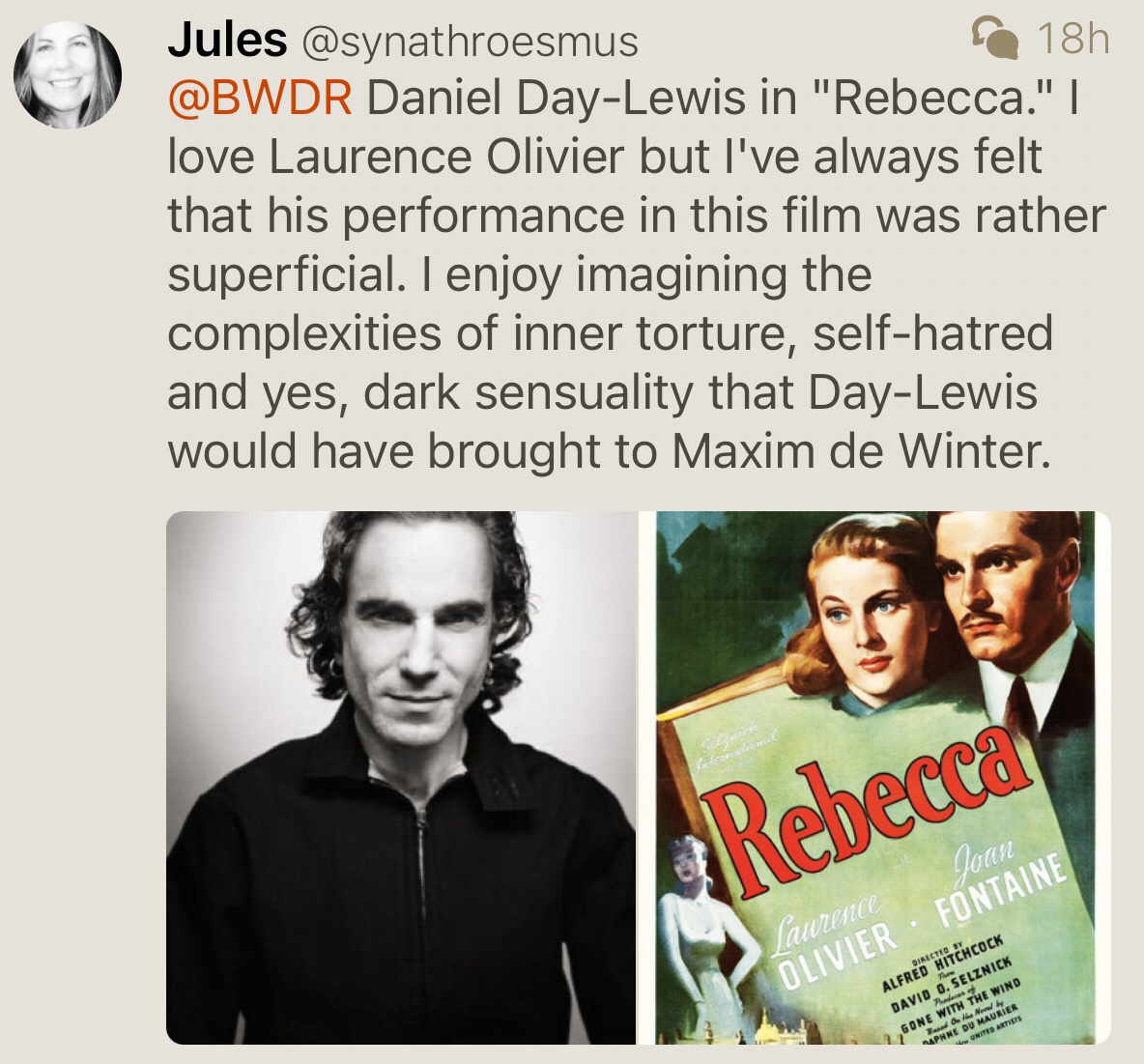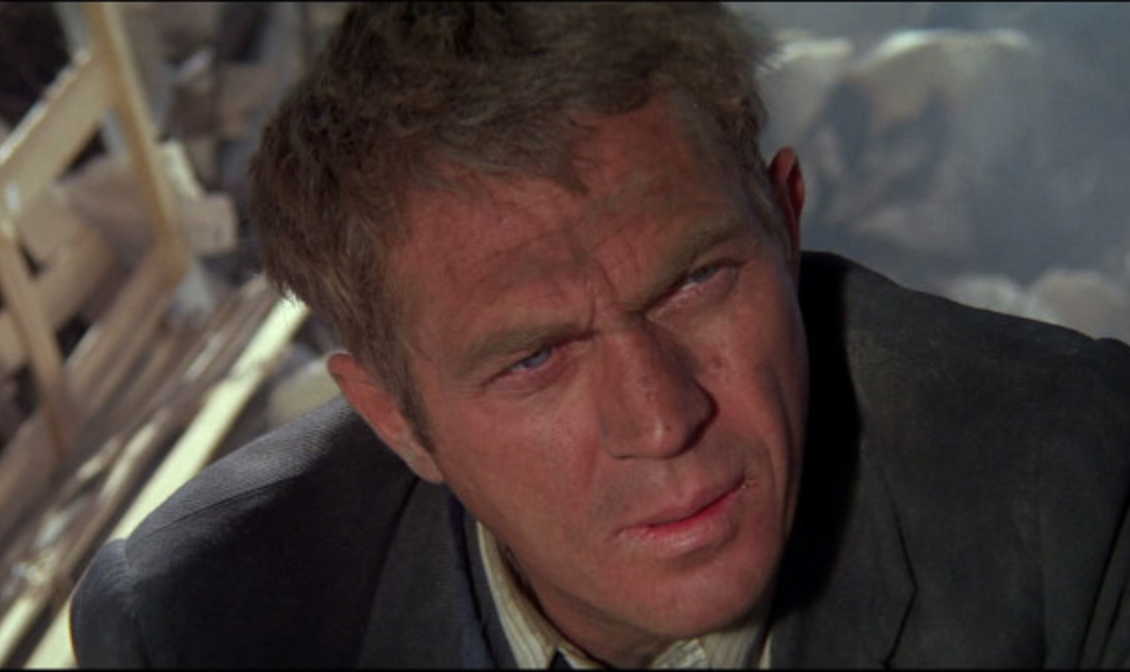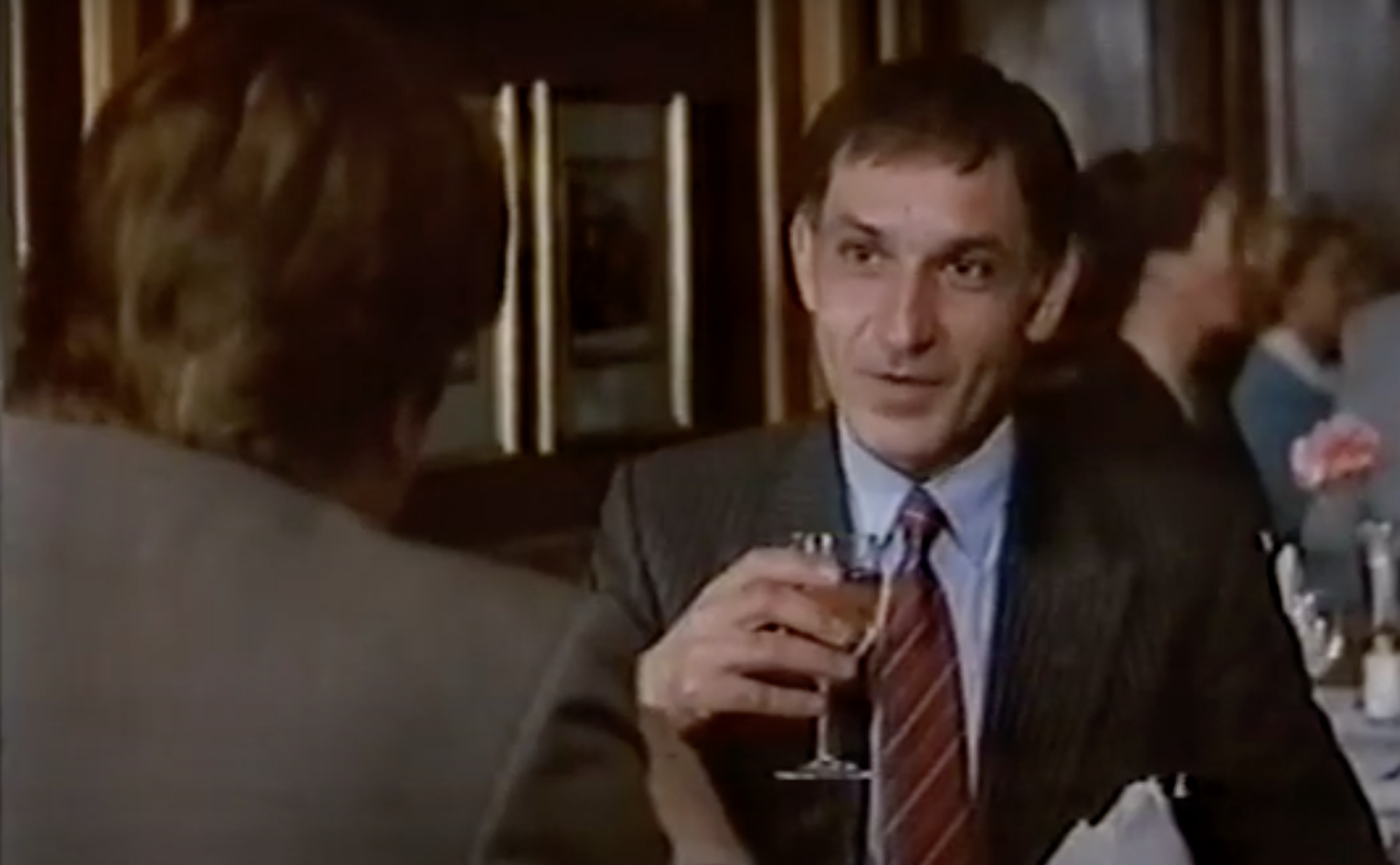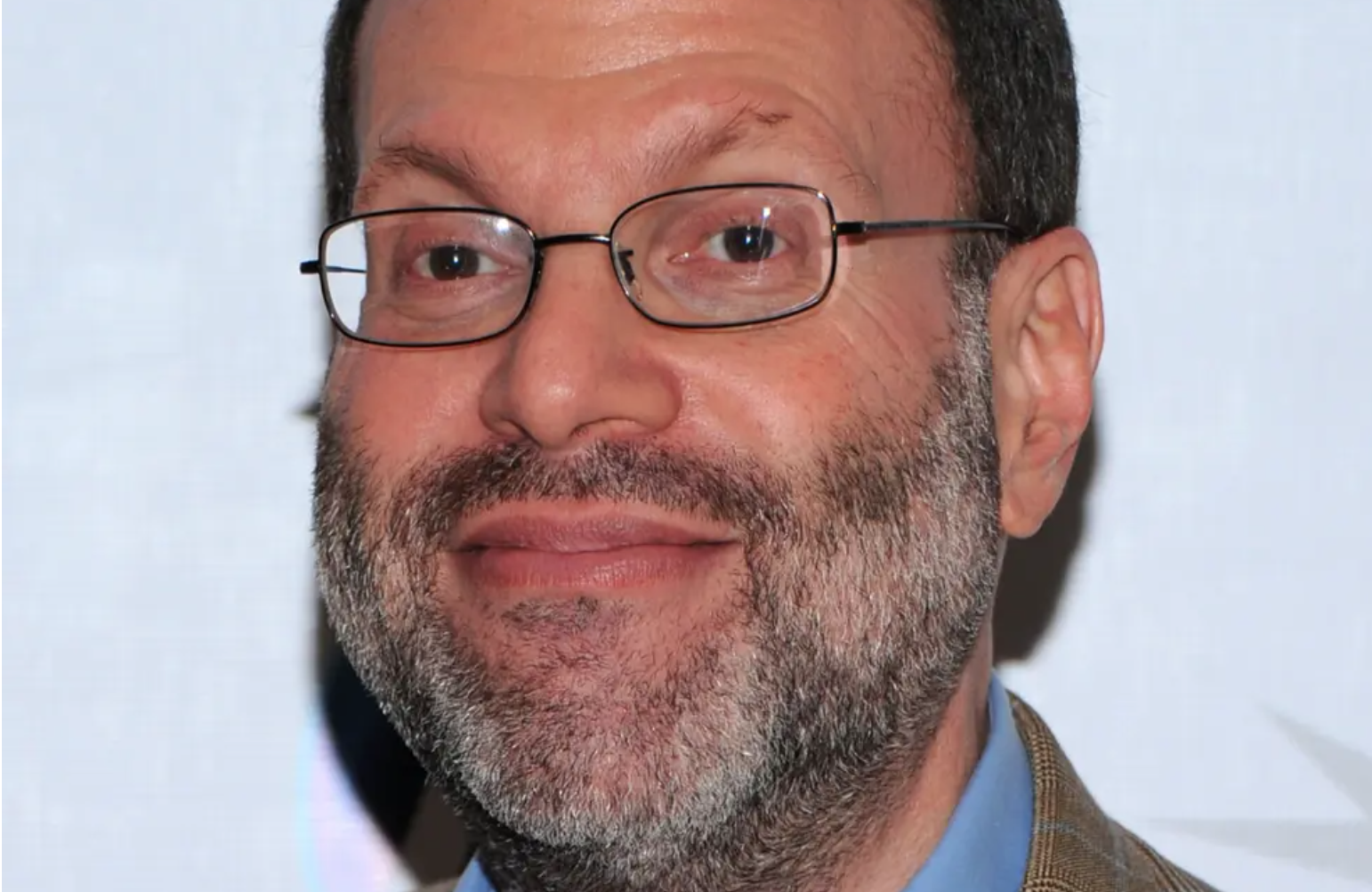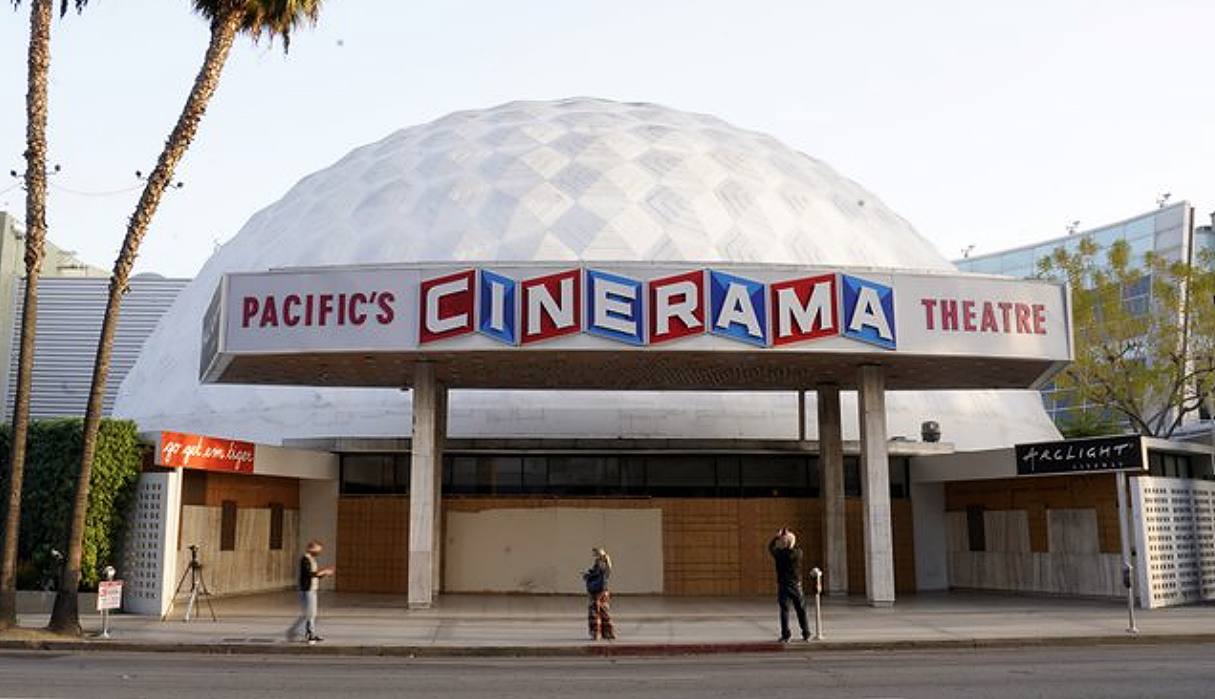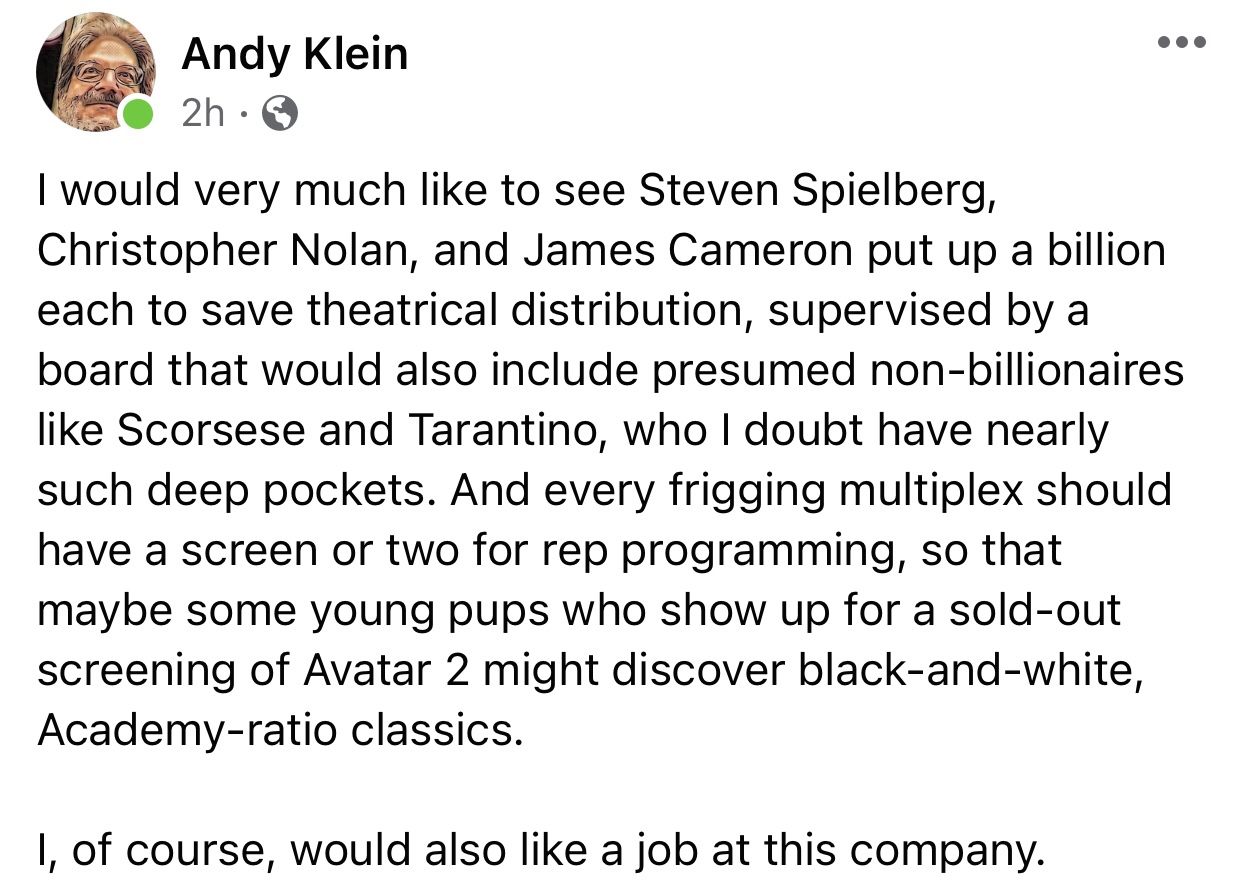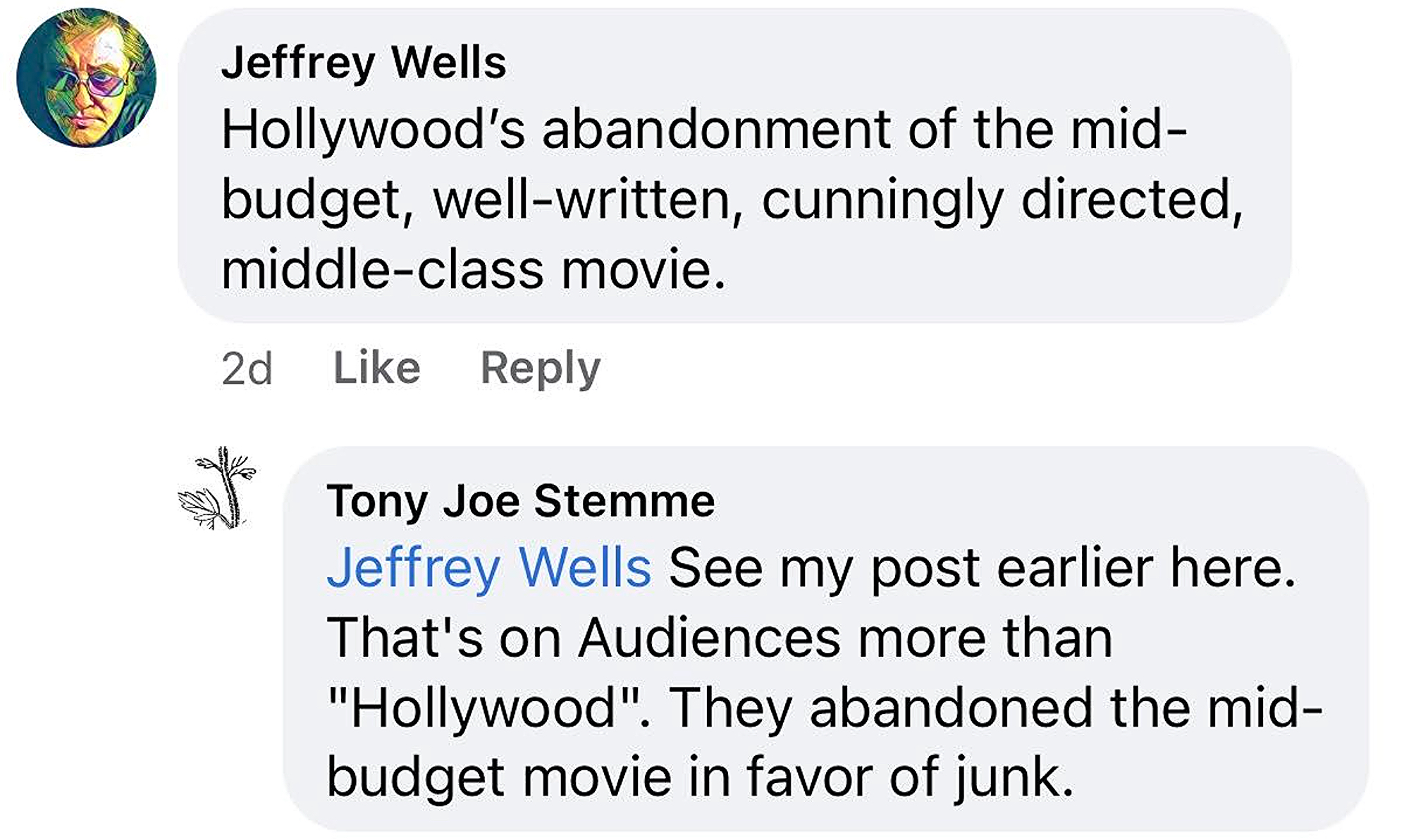This morning the Washington Post‘s Peter Marks published an apology from B’way and Hollywood producer Scott Rudin for the latter’s volcanic behavior with office staffers over the years.
The core of the statement was that Rudin will “step back” from his Broadway ventures, adding that that he was “taking steps that I should have taken years ago to address this behavior.”
Rudin’s announcement is basically a strategic bone tossed to his many social-media critics. For good or ill (mostly the latter, his critics would say) Rudin was able to swagger around for decades…throughout the ’90s, aughts and most of the 20teens he was the savvy, blistering, highly demanding office tyrant who made top-tier films and produced between two and five high-prestige B’way plays per year. On both coasts Rudin made money and won awards for many people. But the cultural ground shifted in late ’17 and now he needs to adapt or die.
Rudin’s mea culpa comes in the wake of (a) Tatiana Siegel’s 4.7 Hollywood Reporter expose (basically an evergreen refresh) about Rudin’s occasionally brutal behavior, (b) Richard Rushfield‘s 4.9 Ankler follow-up (“Mr. Potatohead“) and (c) “Moulin Rouge!” B’way star Karen Olivo declaring on Instagram that she won’t be returning to work after the pandemic shutdown because “the silence about Rudin” was “unacceptable.”
A 4.17 Siegel article reports that Rudin was more or less forced to back away from the forthcoming The Music Man revival after star Hugh Jackman said he was “very concerned” and that “something needed to be done.” Jackman’s costar Sutton Foster reportedly “said she would leave the highly anticipated musical if Rudin didn’t take a seat, says [a] knowledgable source.”
Once upon a time the shouting, volatile, highly-demanding producer or swaggering “boss from hell” was a lamentable part of showbiz lore…Burt Lancaster‘s J.J. Hunsecker in Sweet Smell of Success, Alan King‘s Max Herschel in Sidney Lumet‘s Just Tell Me What You Want, the real-life Joel Silver and Harvey Weinstein, Saul Rubinek‘s Lee Donowitz in True Romance (based on Silver for the most part), Kevin Spacey‘s Buddy Ackerman in Swimming With Sharks, Tom Cruise‘s Les Grossman in Tropic Thunder, etc.
None of these characters were pleasant to be around on a 24/7 basis, but, as in real life, they had a dominating brand and tradition that you had to finesse one way or the other.
And then along came the sensitive, safe-space-seeking Millennials and that Buddy Ackerman shit began to get old right quick.
“Much has been written about my history of troubling interactions with colleagues,” Rudin’s statement reads, “and I am profoundly sorry for the pain my behavior caused to individuals, directly and indirectly.”
Read more
